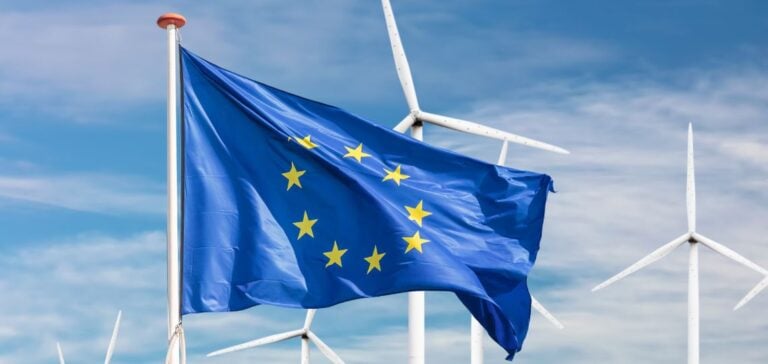The European Commission and the European Economic and Social Committee (EESC) reaffirmed their commitment to making energy more accessible for European Union citizens and businesses during a conference held in Brussels on June 11. The event, titled Delivering affordable energy in Europe, took place within the framework of the Affordable Energy Action Plan introduced in February 2025 as part of the Clean Industrial Deal.
A quantified goal backed by financial tools
According to Eurostat, 9.2% of Europeans were still affected by energy poverty in 2024, compared to 10.6% in 2023. Despite this decrease, over 41 million European citizens remain unable to adequately heat their homes. To address this persistent issue, the Affordable Energy Action Plan outlines a series of measures aimed at reducing energy bills, enhancing energy security and accelerating structural reforms.
Organisers emphasised the importance of involving citizens in the energy transition. The development of energy communities capable of producing and sharing their own electricity was identified as an efficiency lever, particularly for rural areas and small businesses. Financial support for such initiatives could be strengthened through dedicated European instruments.
A call for mobilisation of consumers and states
The EESC highlighted the need for a coordinated response at the EU level. Active consumer participation is seen as crucial to ensuring the stability of the European energy system. Discussions also focused on the creation of mechanisms to protect low-income households from electricity disconnection and to guarantee their access to basic services.
Aurel Laurenţiu Plosceanu, Vice-President of the EESC, stated that “electricity prices remain two to four times higher than those in our partner countries,” noting that this situation threatens long-term industrial competitiveness. Baiba Miltoviča, President of the TEN Section of the EESC, added that “people at risk of poverty still face too many barriers to accessing energy.”
Annual monitoring within the framework of the European social strategy
Since 2021, the EESC has held an annual conference dedicated to energy poverty. The 2025 edition marks the fifth instalment of this initiative. Previous editions have addressed social justice, the energy transition and the link with the European Pillar of Social Rights. The detailed conclusions of this year’s event will soon be published on the EESC’s website.
This year’s discussions underscored the growing importance of balancing economic competitiveness with energy inclusion.






















